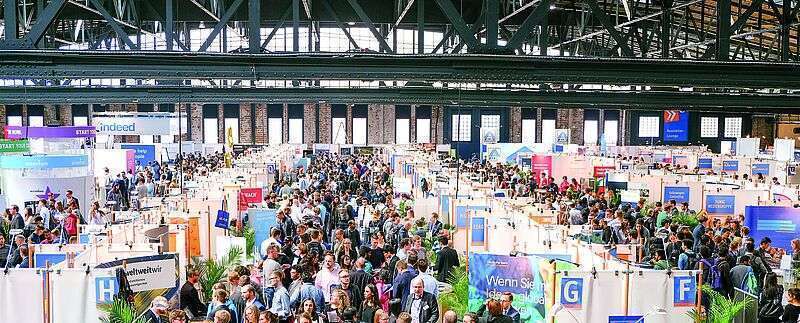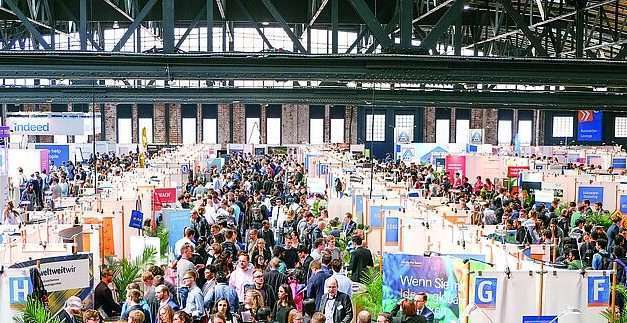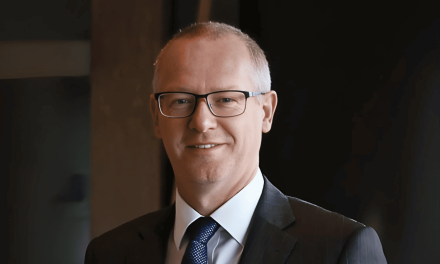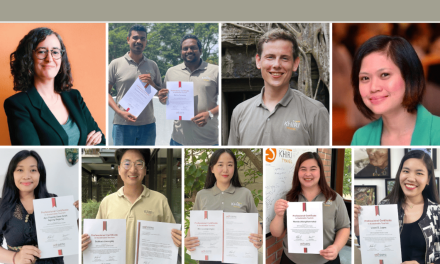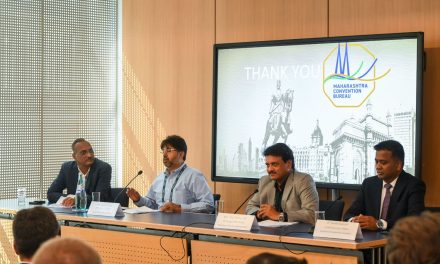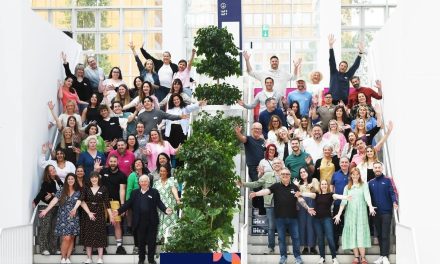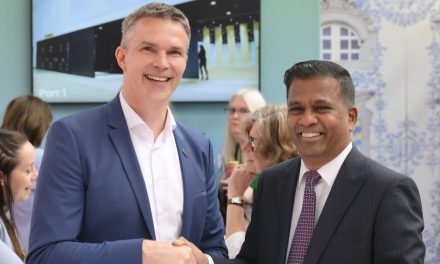Recruitment concerns. In many industries there is talk of the difficulty of finding enough talented young people. The healthcare and care industries are particularly badly affected by the skills shortage, as are industries requiring people with skills in science, technology, engineering and maths (STEM subjects). In addition, the number of people available is falling due to demographic change.
The job market is thus becoming a job seeker’s market, to which companies often don’t contribute many effective ideas. In many cases, recruitment runs exclusively through companies’ websites or external online jobs sites. But social media channels offer new ways of addressing young people. One fresh new approach is called candidate experience management. The job becomes a product and the applicant a customer, for whom every point of contact, from the job ad to the interview, should be a positive experience. By promoting their development schemes for young people, companies can position themselves as attractive employers.
They need to stand out from the competition when they appear at careers fairs such as Connecticum or Absolventenkongress in Germany. Companies benefit over the long term if they offer not just attractive salaries but also staff development schemes, flexible working hours and an appreciative, respectful corporate culture. In the competition for staff, it is important not just to find promising young people but to retain them.
A PwC study entitled “Millennials at Work” makes it clear what is important to the younger generation in their working life: Personal development and a good work-life balance have the highest priority. Flexible working hours are more important to young professionals than financial bonuses. The typical nine-to-five job is being superseded by flexitime and homeworking options. Diversity in a company’s culture also plays a major role.
These changes to the world of work are sometimes referred to as “new work”. The emphasis is on personal development. Today‘s start-ups are emblematic of this mentality. They are particularly attractive employers for millennials. Start-ups in the MICE industry benefit from this as well. The MICE industry also often struggles to find suitable young people. “When unemployment is low, finding talented young people is a huge issue everywhere,” confirms Timo Feuerbach, Managing Director of the European Association of Event Centres (EVVC). “It’s a real struggle to attract the best.”
Among the reasons for the skills shortage are heavy workloads, lifestyle changes and new career models. That‘s according to a recently published study by TU Chemnitz and the Studieninstitut für Kommunikation. High demands are also a factor. Applicants have to be able to handle digitalisation, cross-media communication and, broadly, the challenges presented by internationalisation.
For Michael Hosang, managing director of the Studieninstitut für Kommunikation, the industry is not short of specific know-how. Instead, there is a lack of knowledge and experience at the strategic and conceptual level: “Increasingly, complex customer requirements demand strong coordination and leadership skills. This is where there is a shortage.” In addition, the specialist knowledge of graduates is insufficient in practice: “They are dismissed as ‘event theoreticians’ by many employers.”
To actively develop specialist knowledge, employers in the MICE industry need to focus on both new and long-standing employees. Projects such as the 100pro initiative of the EVVC, AUMA, VPLT and Famab support them in this. 100pro is designed to indicate the quality of training in an event company.
Further training offers skilled staff the opportunity to continue to develop while still working. The IECA (Internationale Event- & Congress-Akademie), for example, offers suitable courses and seminars approved by the German Chamber of Industry and Commerce (IHK).
Mentoring is the second most important tool for developing and retaining staff, according to a white paper published by recruitment consultancy Robert Walters. An experienced mentor passes on their knowledge to a less experienced person, the mentee. It is not just young professionals who gain something from this; experienced employees can benefit too, brushing up on their digital knowledge, for example. The mentee can thus become the mentor. Companies like Lufthansa or Telekom are already reaping the benefits of this reverse mentoring.
“Mentoring is a very good way to develop young people and promote identification with a company,” stresses Bastian Fiedler, Managing Director of mannheim:congress (m:con). He knows from his own experience how positive synergies can be achieved. Following an internship at m:con, he was appointed as a management assistant in 2004. “Michel Maugé, the Managing Director at the time, opened many doors for me, and it had a lasting effect on how my career has developed.”
The contacts Fiedler developed in the industry during the 8 years in which he was mentored still stand him in good stead today. That’s one reason why m:con supports Anpfiff ins Leben, an initiative that helps young people with their career choices. Fiedler believes mentoring should play an even greater role in comprehensive recruitment strategies in future.
- Photo: Alexander Grüber

